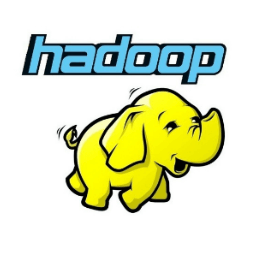 Hadoop
Hadoop
 Hadoop
Hadoop
Techieventures offer best training on Big Data Hadoop. Hadoop is an open source distributed processing Framework that manages data processing and storage for Big Data applications running in cluster system. We deliver real time project in Supply Chain Management, Healthcare, BFSI, warehouse management and many more. We have been ranked best hadoop training institute in btm & Bangalore.